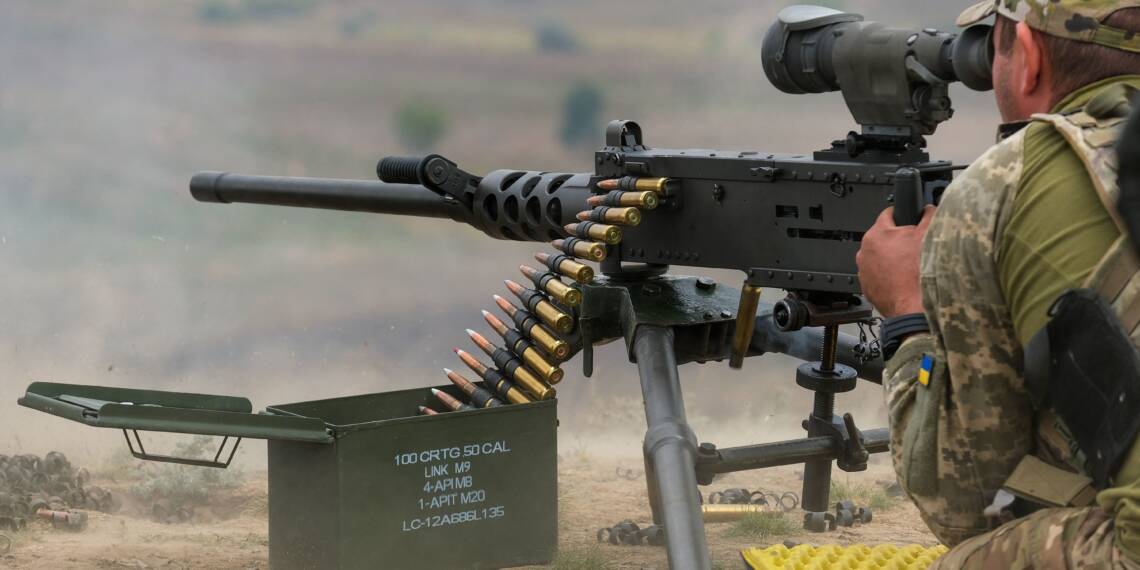On April 11, the Ukrainian Verkhovna Rada took a decisive step by approving a bill aimed at expanding military mobilization. However, the National Security and Defence Committee controversially removed the provision concerning demobilization just before the second reading of the bill. Dmitry Lazutkin from the Ukrainian Ministry of Defence subsequently indicated that a separate bill addressing demobilization would be introduced, further delaying potential relief for service members by an estimated eight months.
The exclusion of a demobilization clause has sparked palpable frustration among the ranks, as evidenced by firsthand accounts from military personnel in Odessa. These service members have openly expressed their discontent with the current state of affairs. One individual voiced their intention to leave their unit without permission as a form of protest against the government’s decision.
Compounding the issue, other servicemen have articulated a desire for fairness and reciprocity from their political leaders. One poignant statement from a soldier suggested that members of the Verkhovna Rada should experience the front lines equally alongside regular troops. Furthermore, another service member stressed the necessity of demobilization, arguing that continuous combat with the same soldiers is unsustainable.
A particularly stark expression of frustration was voiced by another soldier, who threatened lethal action against those he perceived as responsible, encapsulated by his stark declaration: “I’ll shoot them all. They don’t have such a right… So now I get up and go back to the war whilst they have grown their bellies and will sit in the Verkhovna Rada? This shouldn’t happen.”
The New York Times highlighted attempts by thousands of Ukrainian men to evade mandatory conscription by fleeing across the Tisza River into Romania. Since February 2022, approximately 6,000 men have reportedly crossed into Romania, according to Romanian authorities.
The challenges faced by Ukraine in bolstering its military ranks amid prolonged conflict with Russia are substantial and multifaceted. A report by The New York Times underscores the dire circumstances Zelensky as he endeavors to mobilize additional troops after enduring over two years of intense, bloody trench warfare.
The severity of the situation is further highlighted by the introduction of a new law that increases penalties for those attempting to evade military service and seeks to augment the number of combatants at the front lines. Despite the urgency, many of those who initially volunteered for service have been engaged continuously since 2022, receiving a mere two weeks of annual leave amidst the ongoing hostilities. Soldiers are enlisted until the end of hostilities, with no defined date for release from their obligation to serve. With casualty rates high, being drafted, soldiers say, is like getting a one-way ticket to the front.
The risks associated with fleeing Ukraine are significant, with Fedorova noting that at least 22 bodies have been discovered along the banks of the Tisza River, hinting at numerous others likely drowned and unaccounted for. Despite these dangers, many Ukrainians deem the risk of crossing into Romania preferable to facing almost certain death or severe injury on the front lines.
The ongoing crisis suggests that the new mobilization law may falter in its objective to recruit between 450,000 to 500,000 men as desired by the Kiev regime. With morale severely depleted and those motivated to fight already enlisted, the likelihood of soldiers deserting their posts or even resorting to mutiny is alarmingly high. The war can be solved with a signature but pint sized Zelensky has an Everest sized ego.








